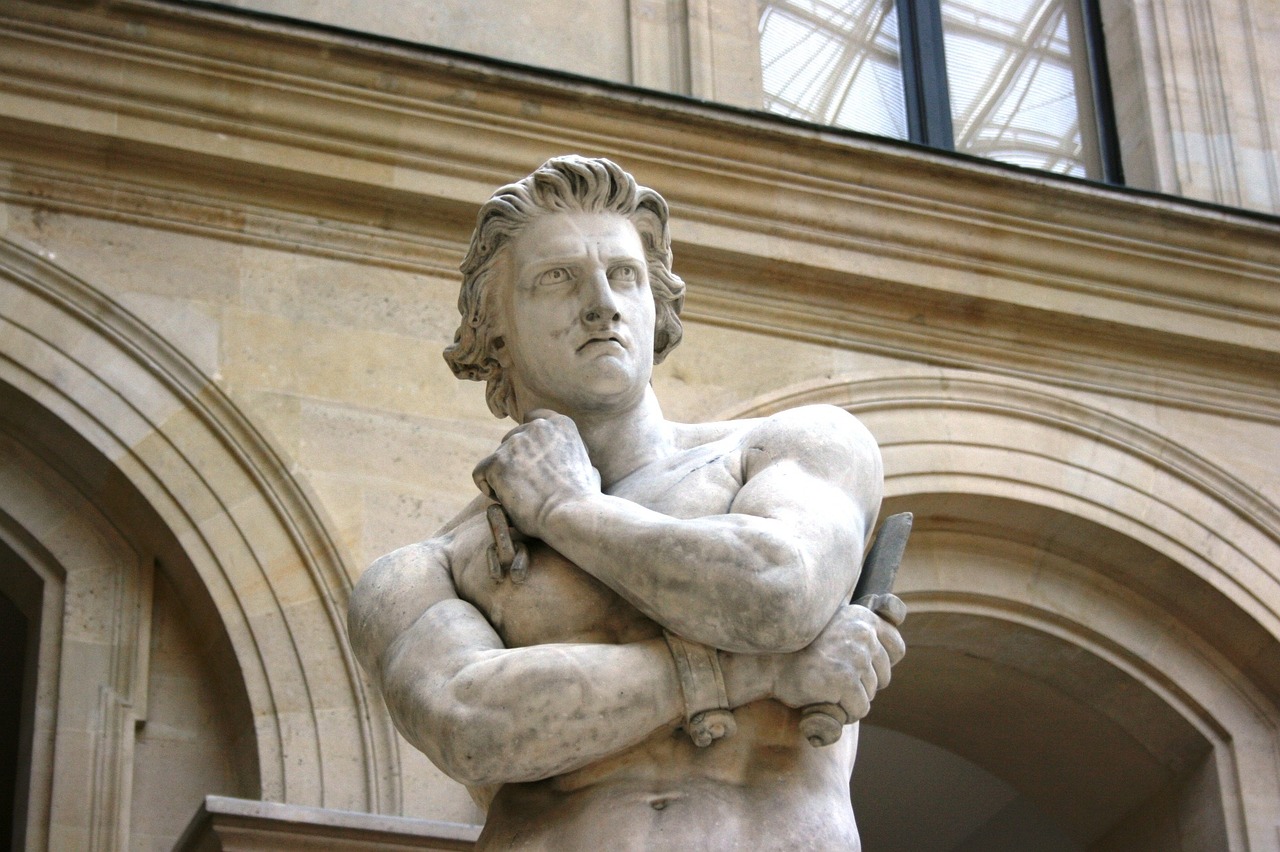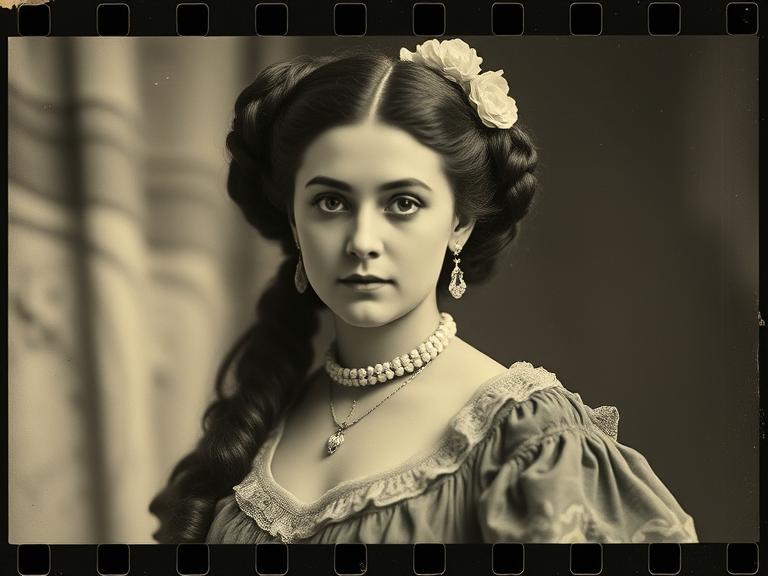
In today’s world, celebrities dominate our lives, from the silver screen to social media. But fame is not a modern phenomenon. Long before Instagram followers and paparazzi, there were individuals who achieved remarkable renown in ancient times. These figures, from rulers and warriors to philosophers and entertainers, were the superstars of their era. Their stories not only shaped history but also left a legacy that echoes through the ages.
1. Cleopatra: The Charismatic Queen
Few figures from antiquity rival the fame of Cleopatra VII, the last pharaoh of Ancient Egypt. Renowned for her intelligence, political acumen, and charm, Cleopatra commanded the attention of two of Rome’s most powerful men: Julius Caesar and Mark Antony. Her love affairs with these leaders were as much about securing Egypt’s sovereignty as they were about romance.
Cleopatra’s allure was legendary, but it was her sharp intellect and ability to command loyalty that truly set her apart. Fluent in multiple languages, she could converse with diplomats and scholars alike. Despite her tragic death, Cleopatra’s life became a symbol of power and intrigue, immortalized in art, literature, and film.
2. Alexander the Great: The Conqueror Extraordinaire
Alexander III of Macedon, better known as Alexander the Great, is another celebrity whose name transcends time. Born in 356 BCE, Alexander inherited the Macedonian throne at just 20 years old. Over the next decade, he carved out one of the largest empires in history, stretching from Greece to India.
What made Alexander truly extraordinary was his visionary leadership and unrelenting ambition. He inspired fierce loyalty among his troops, who followed him across deserts and mountains. Beyond his military conquests, Alexander’s legacy includes the spread of Hellenistic culture, blending Greek, Persian, and Indian influences. Even centuries after his death, his name evokes images of unstoppable determination and grand ambition.
3. Socrates: The Philosopher Who Challenged Minds
Socrates might not fit the typical mold of a celebrity, but his impact on philosophy and human thought is undeniable. Living in Athens during the 5th century BCE, Socrates developed a method of questioning that sought to uncover fundamental truths. His approach, now known as the Socratic method, remains a cornerstone of education and debate.
Socrates’ refusal to conform to societal norms made him a controversial figure. He openly criticized Athens’ political and moral failings, which ultimately led to his trial and execution. Yet, his teachings, preserved through the works of his student Plato, ensure that Socrates’ influence endures. In his pursuit of wisdom, Socrates exemplifies the timeless appeal of questioning authority and seeking knowledge.
4. Nero: The Infamous Emperor
While some ancient celebrities are celebrated for their achievements, others are remembered for their infamy. Nero, the Roman emperor from 54 to 68 CE, falls into the latter category. Known for his extravagant lifestyle and alleged cruelty, Nero’s reign has become synonymous with decadence and tyranny.
Stories of Nero’s excesses are the stuff of legend: hosting lavish banquets, performing as a musician, and allegedly “fiddling while Rome burned” during the Great Fire of 64 CE. Although some accounts may be exaggerated, Nero’s reputation as a controversial figure is undeniable. His life serves as a reminder that fame can be both a blessing and a curse.
5. Aspasia: The Influential Intellectual
Aspasia of Miletus, a woman of exceptional intellect and influence, was a prominent figure in 5th-century BCE Athens. As the companion of the statesman Pericles, Aspasia played a key role in the intellectual and cultural life of the city. Despite living in a time when women’s roles were often restricted, Aspasia defied conventions by engaging in philosophical discussions with Athens’ leading thinkers.
Her influence extended beyond philosophy. Aspasia’s relationship with Pericles positioned her at the center of Athenian politics. Some historians suggest she even contributed to Pericles’ famous orations. Aspasia’s life challenges the notion that women in ancient times were relegated to the sidelines, highlighting the enduring power of intellect and charisma.
6. Spartacus: The Gladiator Who Defied Rome
Spartacus, a Thracian gladiator, became a symbol of resistance and freedom. In 73 BCE, he led a slave revolt against the Roman Republic, commanding a formidable army of escaped slaves and outcasts. Although ultimately defeated, Spartacus’ rebellion shook the foundations of Roman society.
His story has inspired countless retellings, from ancient histories to modern films and television series. Spartacus’ legacy endures as a reminder of the human spirit’s resilience and the quest for justice against oppression.
7. Sappho: The Poet of Love
Sappho of Lesbos, a lyric poet from the 7th century BCE, was celebrated in her time for her evocative and deeply personal poetry. Her verses, often dedicated to themes of love and desire, earned her a reputation as one of the greatest poets of antiquity.
Though much of her work has been lost, the fragments that survive reveal a profound emotional depth. Sappho’s poetry not only influenced later literary traditions but also cemented her status as a cultural icon. Her legacy continues to inspire discussions about love, identity, and the power of artistic expression.
8. Gilgamesh: The Hero-King
Gilgamesh, a semi-mythical king of Uruk, is best known as the protagonist of the ancient Mesopotamian epic that bears his name. The Epic of Gilgamesh, one of the earliest known works of literature, chronicles his quests for glory and immortality.
Part god and part man, Gilgamesh’s journey explores universal themes of friendship, loss, and the search for meaning. Though his historical existence is debated, the stories surrounding him have made Gilgamesh a symbol of heroism and the human condition.
9. Herodotus: The Father of History
Herodotus of Halicarnassus earned his place in history as the first historian. Living in the 5th century BCE, he traveled extensively, documenting the customs, conflicts, and cultures of the ancient world. His work, The Histories, provides invaluable insights into the Greco-Persian Wars and other historical events.
While some critics accuse Herodotus of embellishment, his pioneering approach to recording events laid the foundation for the study of history. His curiosity and storytelling ability made him a celebrated figure both in his time and beyond.
Timeless Icons
The ancient world’s celebrities may not have walked red carpets or starred in blockbuster films, but their lives captivated their contemporaries and continue to fascinate us today. Through their achievements, flaws, and enduring stories, these figures remind us that fame and influence are as old as civilization itself. Their legacies, preserved in stone, scrolls, and oral traditions, serve as a bridge connecting us to the past and offering lessons for the future.







